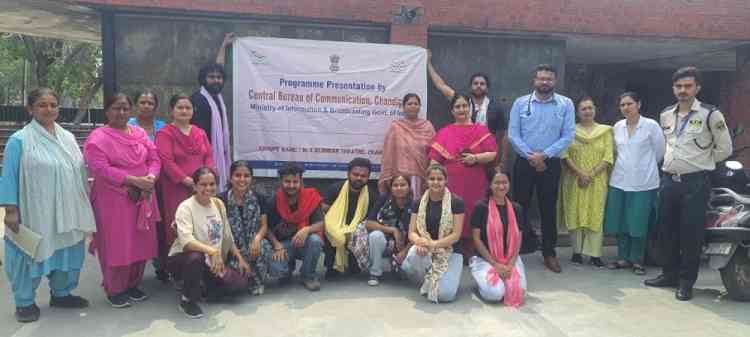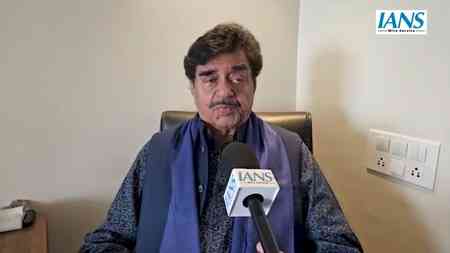AIMC files plea against preservation of evidence in Gyanvapi survey
The Anjuman Intezamia Masjid Committee (AIMC), which manages the Gyanvapi mosque, has filed an objection in the Varanasi district court against the application of four Hindu women seeking preservation of evidence found during the court-mandated survey of the mosque in May 2022 and those found during the ongoing survey by the Archaeological Survey of India (ASI).

Varanasi, Sep 12 (IANS) The Anjuman Intezamia Masjid Committee (AIMC), which manages the Gyanvapi mosque, has filed an objection in the Varanasi district court against the application of four Hindu women seeking preservation of evidence found during the court-mandated survey of the mosque in May 2022 and those found during the ongoing survey by the Archaeological Survey of India (ASI).
The ASI has been conducting a survey in the barricaded area of the Gyanvapi mosque premises, excluding its sealed section, since August 4.
The survey was ordered to determine whether the 17th-century mosque was constructed over a pre-existing structure of a Hindu temple.
Four women, the plaintiffs number 2 to 5 of Shringar Gauri-Gyanvapi case, filed the application last week urging the court to pass an order to preserve all the evidence found in Gyanvapi in ‘Malkhana’ (store house).
The court fixed Wednesday as next date of hearing in the matter.
The AIMC counsel filed the objection against the plea. Advocate Akhlaque Ahmad said they had filed the objection on Monday.
In its objection, the AIMC said: “The plaintiff numbers 2 to 5 have filed the application in the court on the basis of baseless facts. No idol, article or artefacts were found during the court- mandated advocate commissioner’s survey proceedings conducted last year. Survey is being conducted by the ASI on Gyanvapi mosque premises.
“Till now, the ASI has not submitted any report about what has been found during the survey. In such a situation, the so-called ancient articles of Hindu mentioned in the application by the plaintiffs are their brainchild."
The committee said the claim made by the plaintiffs in their plea was against the truth.
Therefore, the application deserved to be rejected, it said.


 IANS
IANS 










